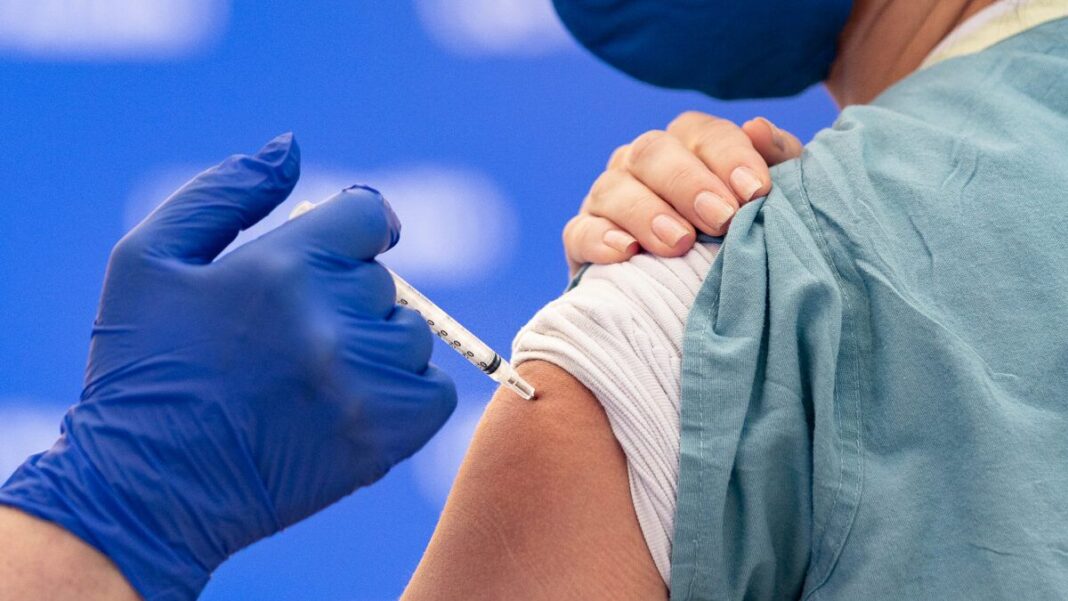A recent review found non-live vaccines tend to increase a person’s risks of all-cause mortality, as well.
Apart from potentially preventing a particular disease, vaccines may cause persistent nonspecific effects that can affect a person’s lifetime survival.
In a review published on Dec. 26 in Vaccine, researchers found that non-live vaccines like influenza, COVID-19, hepatitis B, and diphtheria-tetanus-pertussis (DTaP) tend to cause adverse nonspecific effects (NSE), increasing a person’s risks of all-cause mortality and the potential risk of infections from diseases they are meant to protect against.
A live vaccine contains a weakened form of the pathogen, which is less virulent but capable of replicating in the body, thus mimicking the actual disease progression. Non-live vaccines use inactivated viruses, fragments, or genes of the pathogen to trigger an immune response without pathogen replication.
Live vaccines elicit a much stronger immune defense, typically requiring only one shot, while non-live vaccines result in a weaker response, often necessitating multiple shots.
So far, research has identified several non-live vaccines that cause adverse nonspecific effects, namely DTaP and Tdap, influenza H1N1, malaria, hepatitis B, inactivated polio, and COVID mRNA vaccines.
The Vaccine study singled out DTaP, influenza, malaria, hepatitis B, and COVID mRNA vaccines.
On the other hand, live vaccines such as the oral live polio vaccine (OPV), the Bacillus Calmette-Guérin (BCG) vaccine for tuberculosis, and the smallpox vaccines all have beneficial nonspecific effects, according to the study.
“Live vaccines … elicit epigenetic alterations that train the innate immune system and increase immunity to unrelated infections. In opposition, non‐live vaccines may promote ‘tolerance’ that increases susceptibility to unrelated illnesses,” the authors suggested.
The study was primarily based on decades of work from Danish researchers Dr. Christine Stabell Benn and professor Peter Aaby.
“Our work is a tribute to their great scientific work that has not been recognized,” biologist Alberto Rubio-Casillas, one of the study’s authors, told The Epoch Times.
Non-Live Vaccines Are Like an ‘Ill-Prepared’ Army
“Historically, we’ve thought about the innate immune system as the first line of defense,” Dr. Benn told The Epoch Times.
It was thought that innate immunity could not store memory. To use war as an analogy, the immune system’s “army” could not learn from previous battles with pathogens. Adaptive immunity, on the other hand, could learn and be trained, forming antibodies to fight against the infection.
By Marina Zhang









